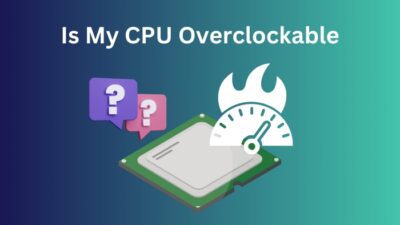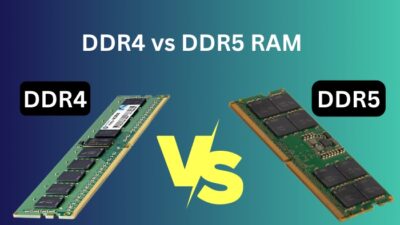Out of the different components in the PC, the CPU is the most important and the central one.
The CPU does all the processing and the computations continuously for the whole time your PC runs.
So you might wonder, how long would the CPU last?
Moreover, if your job involves a lot of CPU-intensive tasks like video editing and large-scale computations, the CPU will be utilized constantly at high usage.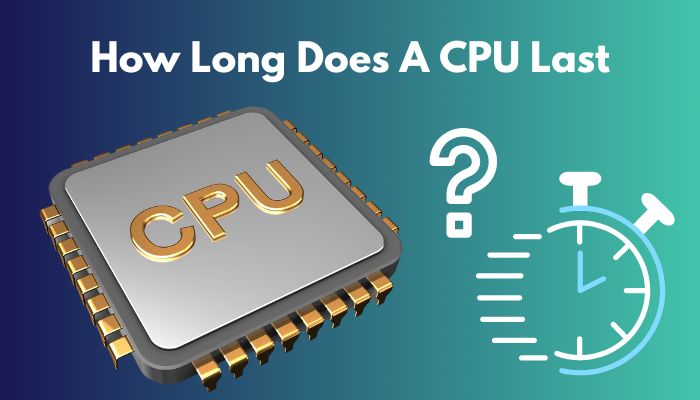
In such a case, you might ask how long will it survive?
This post will give you a detailed answer to these questions.
You will also know about the reasons a CPU might fail and how to test the CPU.
So read the post till the end.
Follow our guide to know is CPU or GPU more important for gaming.
How Long Does A CPU Last?
Out of the different components in the PC, a CPU is the most sophisticated one. It takes highly complex machines and techniques to produce CPUs. Research and development of CPUs are one of the most advanced jobs.
That is why only a handful of companies in the world produce CPUs. For example, desktop and laptop computer CPUs are made by AMD and Intel.
Since CPUs are very complex and sophisticated products, they maintain a high level of production quality. Not all the CPUs produced gets out of the factory. Only the ones passing an extensive quality control test are sold to customers.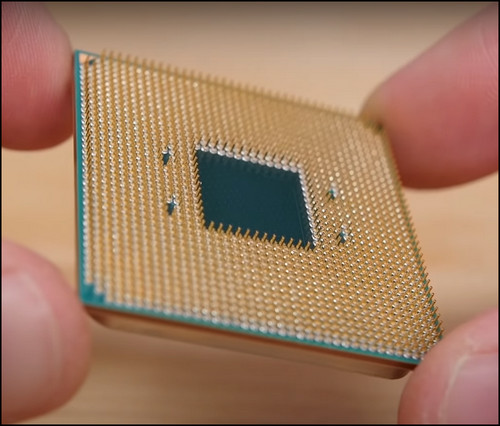
As such, CPUs have a significant advantage over other components in terms of lifespan. CPU manufacturers expect a CPU to run for 100,000 hours. If you convert it into years, it is more than 11.4 years.
So it’s easy to say that a CPU will last well over 10 years. It is very rare for a CPU to fail (other than external factors like physical damage). It’s easy to see very old CPUs sold on the second-hand market since they rarely fail.
The truth is, a CPU will not be discarded because it stopped working but because it has become obsolete.
New generations of CPUs are released with better performance and new technologies every year. The other PC components also get upgraded. So we get used to the fast performance and speed of computing.
Hence at some point, you will get very low performance out of the CPU, or you will feel the CPU holding your PC back in terms of speed.
In such an instance, though the CPU is still perfectly fine, you would want to replace it with a newer one.
Also, other PC components will get damaged or reach their lifespan and stop working. So you will need to replace them with newer ones. Then you would want to replace the CPU to avoid a performance bottleneck.
That’s why a CPU outlives other PC components. It is replaced not because it failed but because it got old and slow for its time.
Since a CPU rarely fails, there is no urgent need to replace the CPU at regular intervals. People replace the CPU to get a new one with better performance and compatibility.
So if you are wondering how often you should replace the CPU, it depends on your PC performance.
If you feel the PC is getting slow, you should upgrade the PC which will need a CPU replacement.
Otherwise, you can continue to use the PC for as long as the other PC components keep working. The CPU will work fine for 10-15 years or longer.
Check out our separate post: do you need a CPU cooler.
How Do You Know If Your CPU Is Dying?
It is very rare to experience a dying CPU. All the components in a PC might fail, but the CPU almost always stays fine.
The CPU has a high level of quality control during production and gets replaced due to being obsolete rather than dying out. However, you might have a very old PC with an aged CPU.
Here are some symptoms which might indicate a dying CPU:
1. Boot issues
If you face unexpected boot issues on the PC, like it does not boot at the first go, the display goes blank, and the PC becomes unresponsive immediately after boot, it might be due to a dying CPU.
2. PC freezing randomly
If your PC starts freezing randomly, it could be a dying CPU. If other components cause the issue, then the freezing would not be random but rather with a particular app or task running.
3. Random shutdowns and BSOD
Random shutdowns typically indicate an overheated CPU or the thermal paste over the CPU has dried out. But they can also be a result of a dying CPU.
BSOD or blue screen of death refers to when your PC freezes and then shows a blue screen with an error message. If you keep seeing the same error message, the issue has a particular origin, like some other PC components or softwares.
But if the BSOD is random, it might be a dying CPU.
Check out the easiest way to fix CPU temp jumping Up and down.
Why Does A CPU Fail?
It is very rare for a CPU to fail unless some external factors play a role. Some of the external factors are physical damage, overclocking, motherboard issues, overvoltage, and faulty power supply.
A CPU outlives the other PC components. It’s challenging to see a dying CPU since it becomes obsolete before that due to its slow performance.
However, sometimes external factors make a CPU fail.
Some of the reasons a CPU fails are as follows:
1. Overheating
A CPU needs a capable CPU cooler; otherwise, the temperature will be high enough (for example, over 100°C) to make the CPU turn itself off.
Since there are billions of transistors in a CPU, it produces a lot of heat in a small space. The IHC (integrated heat spreader) needs to be fully in contact with the CPU cooler block to transfer the heat away from the CPU.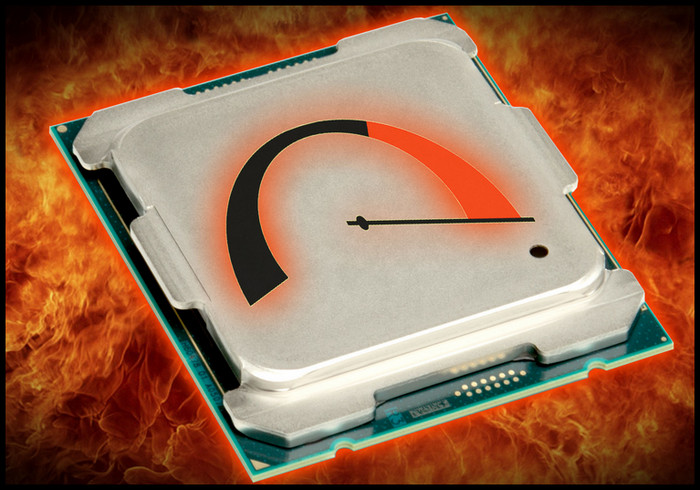
So thermal paste is applied over the IHC, which ensures continuous contact with the CPU cooler. If the thermal paste dries out, heat does not transfer as needed, and the CPU is overheated.
If you do a lot of CPU-intensive tasks for a prolonged time, the CPU will retain some damage due to heat and might decrease its lifespan.
Follow our guide on how to find out what CPU cooler i have.
2. Overclocking and overvolting
Overclocking means increasing the CPU’s clock speed more than the default values to gain additional performance. The voltage is also increased to ensure the CPU runs at a higher clock speed.
Overclocking and overvolting increase the performance out of the CPU, but it generates a lot more heat and makes the CPU unstable. A CPU will have decreased lifespan due to overclocking.
3. Motherboard issues
Since the CPU sits directly on the motherboard, any damage to the motherboard can also damage the CPU.
A short circuit on the motherboard is a typical example of a motherboard issue that can damage the CPU.
Read more on why is my CPU at 100 degrees.
4. Physical damage
An external force can damage the CPU physically. If the CPU pins get damaged or bent, there is a slim chance of the CPU working.
Without proper contact with the pins, the CPU will not function. Some people try to bend the pins back to their original state, but this does not always work. 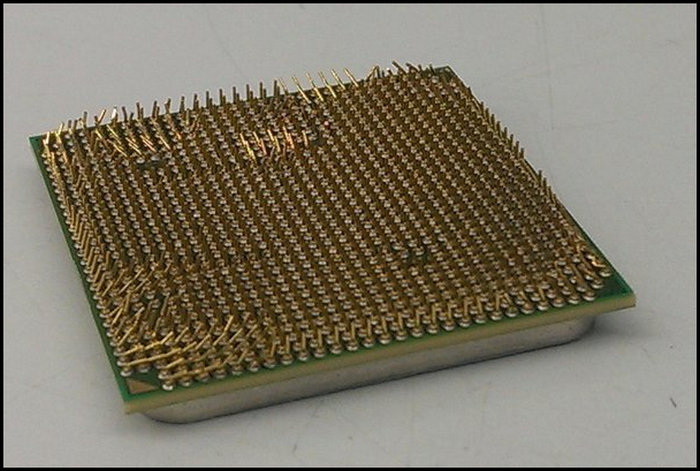
5. Faulty PSU
A faulty PSU can damage the CPU through varying voltages and current discharges. The other PC components will also get damaged in such a scenario.
If the PSU is underpowered and does not supply enough power to the PSU, it could damage the CPU transistors.
Also read how I can know is my CPU overclockable.
FAQ
Question: How long will a CPU last, running 24/7?
Answer: A CPU will last over 11.4 years if it runs 24/7 since CPU manufacturers expect a CPU to run for 100,000 hours. But the CPU should run under ideal conditions. The CPU lifespan will decrease if the perfect conditions are not met (for example, overheating).
Question: Can a CPU last for 10 years?
Answer: A CPU can last easily for 10 years if it’s run under ideal conditions. But most CPUs get replaced before that, becoming obsolete for slow performance.
Question: How do I check my CPU health?
Answer: You can use the Intel Processor Diagnostic Tool to perform a series of tests and check the CPU’s health. The tool will conduct stress tests and other checks to detect CPU health. The CPU temperature will go up (as far as 100°C and beyond) during the test, so don’t panic.
Final Thoughts
A CPU is the most important component in a PC. At the same time, it has the most lifespan out of all the components.
Manufacturing a CPU is very sophisticated and requires complex machines. So high quality is maintained during production.
That’s why a CPU can easily last for 10 years and go beyond if proper care is taken. But if the CPU is overclocked, exposed to overheating or goes through physical impact, it will decrease the lifespan.
